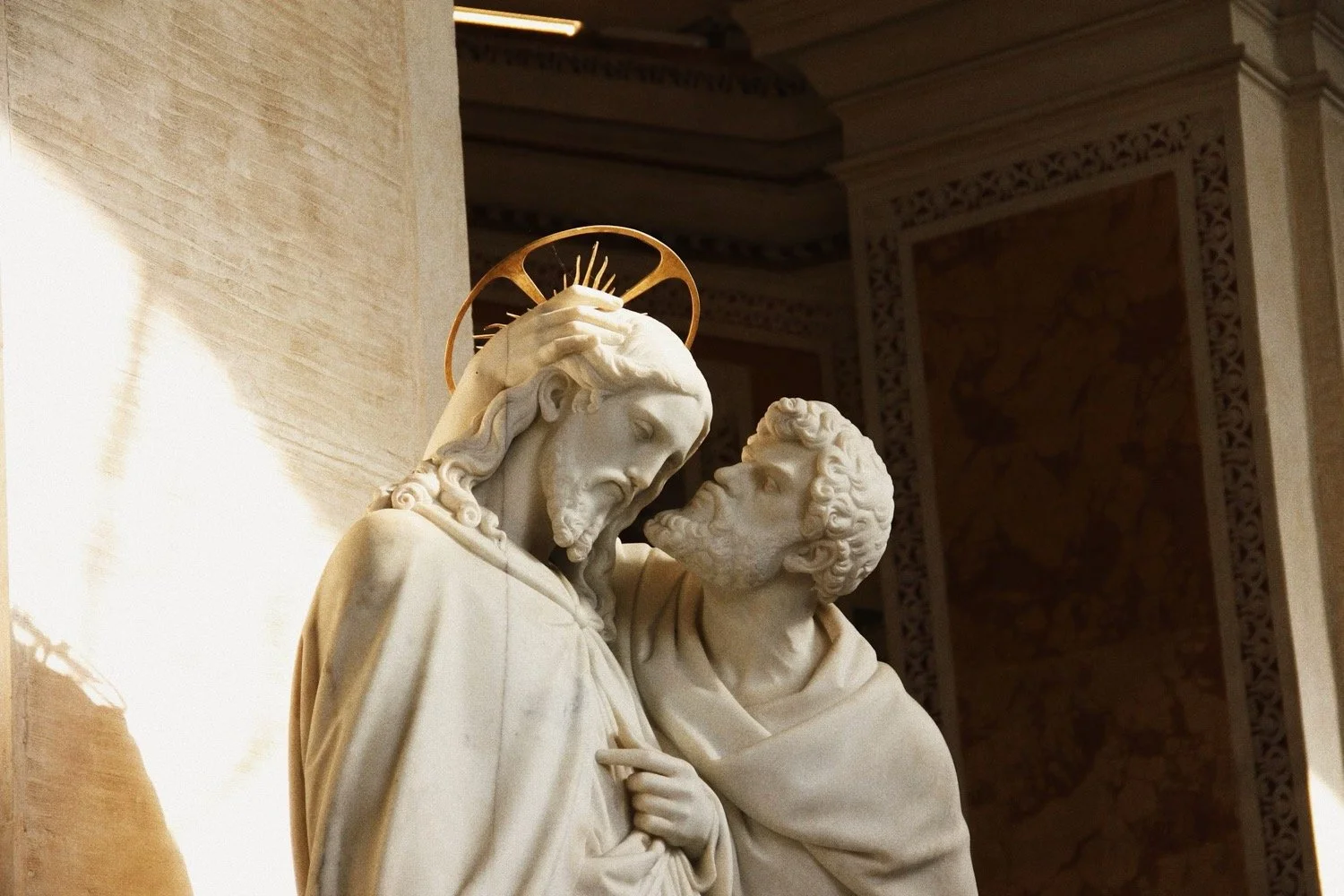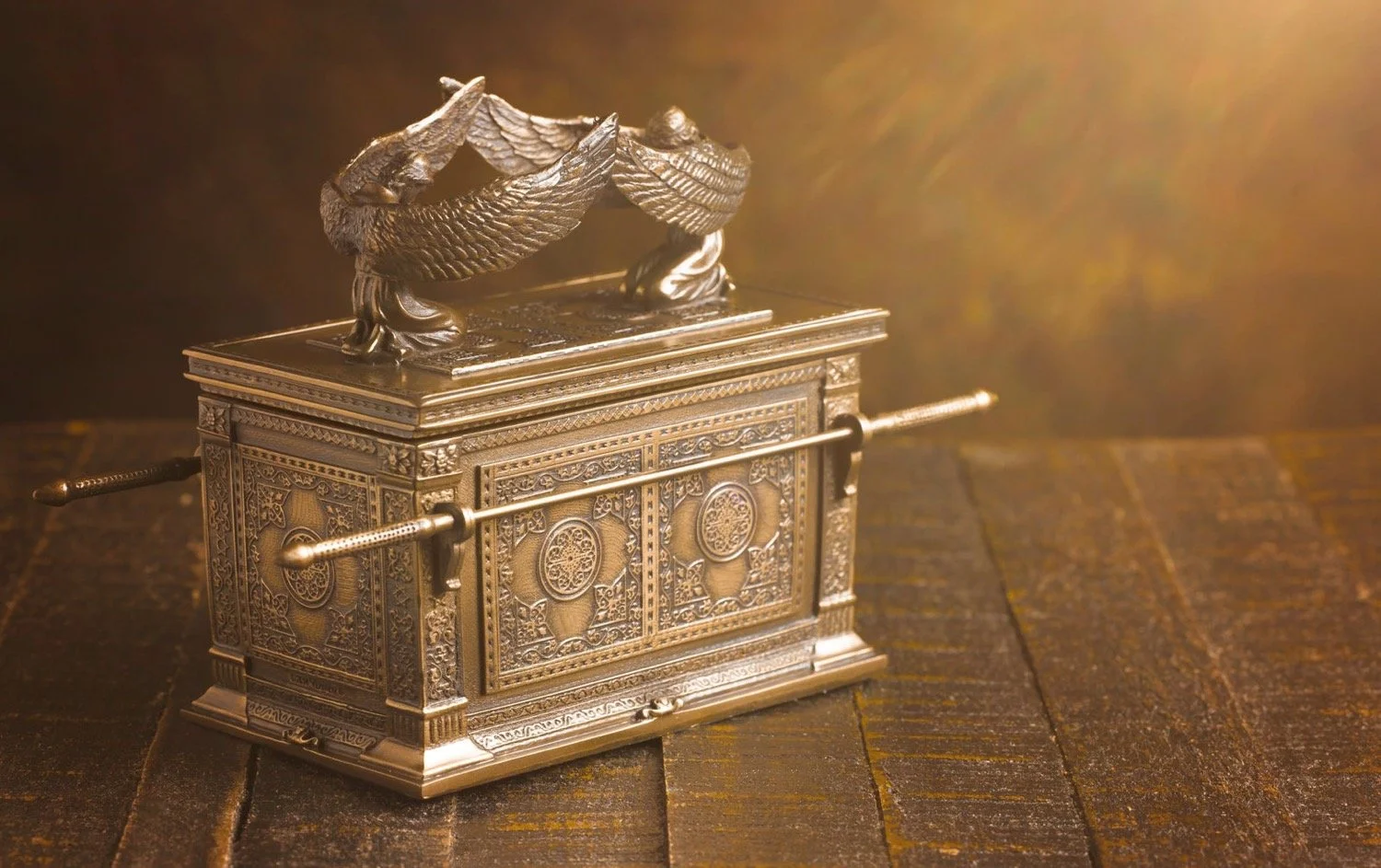Readings for today: Joshua 24, Luke 21:1-28, Psalms 89:38-52, Proverbs 13:20-23
Yesterday, someone I deeply love told me they were “done with Easter.” When I asked them why, they told they feel like they’d given God enough of a chance. For years they’ve prayed with no answers. Read their Bible but the stories never seemed to connect. They’ve tried attending churches here and there but never found community. Their heart’s desires always seemed to go unfulfilled. Reminded me of what we read in Proverbs 13:12 a few days back, “Hope deferred makes the heart sick...” And their heart is sick. They are grieving. They are hurting. They feel very lost and alone.
Now I could argue with them. I could make the case that they never really did give God an honest chance. They never truly surrendered their life to Him. They never committed to walking in God’s ways. They always seemed less interested in a relationship with Jesus and far more interested in using God to serve their own ends. Get their own needs met. And while I believe these things to be true, I find this approach to be not only counter-productive but antithetical to the way of Jesus.
The central message of Easter is God’s unconditional love. While were still sinners, Christ died for us. While we remained ungrateful, unrepentant, ignorant and unaware, Christ willingly laid down His life for us. After we stiff-armed God in Eden and went our own way. Each of us doing our own thing. Done with God and all His demands. Christ sacrificed Himself on our behalf. By rising from the dead, Jesus lets us know His love is relentless. His grace irresistible. His faithfulness eternal. There is literally nothing in all of creation that can separate us from His love. That’s Easter. And it’s as true for my friend as it is for me.
So how did I respond to my friend? I simply listened. I told him how much I loved him. I told him how much of a blessing he was in my life. I shared with him the numerous ways God had used him in my life over the years. It reminded me a lot of what Joshua shares with Israel as he nears the end of his life. He wants this new generation to hear the story once again. To be reminded of God’s great faithfulness because of how easy it is for us to forget. The reality is my friend has forgotten God. He has forgotten all God has done for him over the years. He has forgotten the many ways God has used him over the years. But God has not forgotten him. God has not stopped loving him. God has not abandoned or walked away from him. And my role is not to judge. Not to argue. Not to twist his arm but simply to tell him the stories. Help him remember. Point him to powerful moments in his own life where God was clearly at work.
Does this take the sting out of his current disappointments? No. Does it make him feel any less hurt by the silence? I don’t think so. Does it help him feel any better about his unrequited desires? Not so much. Those struggles are real. They are painful. They are hard. It’s not easy to accept God’s “no” or “not yet.” And I don’t feel compelled to have to defend God or protect God from the anger my friend carries in his heart. I simply need to be there for him as God is there for him. I need to sit and listen and love as unconditionally as I possibly can. And I trust God is not finished with him. I trust there will be a time when Easter will once again be a source of joy in my friend’s life. It may take years for that to happen but I know God is faithful and I know God is with him wherever he may go from here.
Readings for tomorrow: Judges 1:1-2:9, Luke 21:29-22:13, Psalms 90-91, Proverbs 13:24-25




